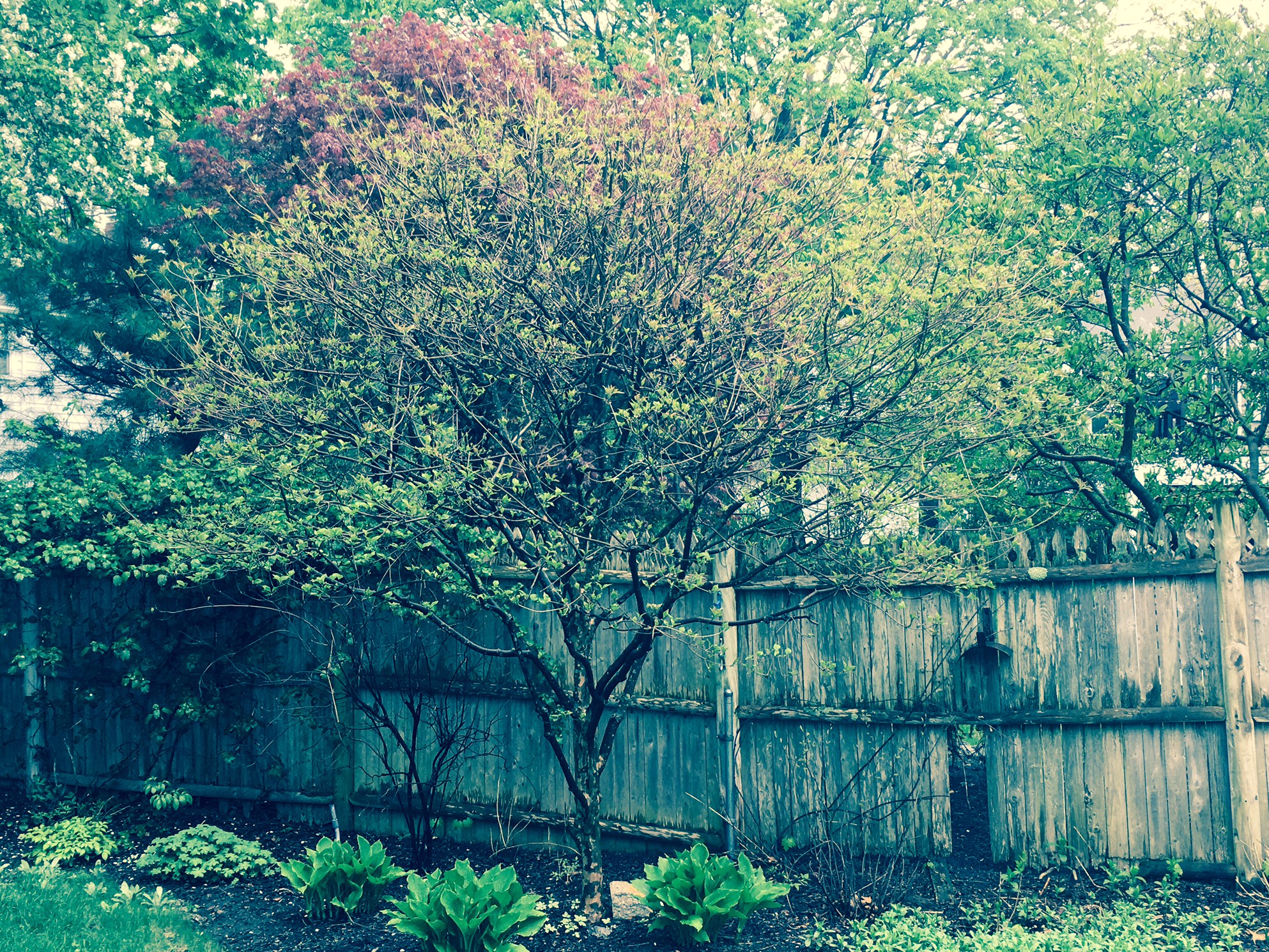Reciting names is a gesture of summoning. When we recite names, we bring awareness to their importance: to a moment in time, to a cause, to a memory. In the context of that memory, the names and what the people represent to us gather momentum; strength.
We are the parents of a baby girl who lived with and died from a rare condition. Cameron Patterson Lord passed away five days after her second birthday, 19 years ago this May. Our experience since her death has brought us together with other families in ways we never could have foreseen. Our respective stories are all different, but one major thing we have in common is this: the nurses who helped us care for our children were extraordinary.
A team of such nurses cared for Cameron in our home, which is where we always wanted her to be. Many families of seriously ill children share this preference. Unfortunately, in this age of COVID-19, home-based nursing care is not accessible to most families as we all observe quarantine. It feels important to acknowledge this major loss, while also recognizing that nurses in hospitals are undertaking responsibilities that bring them closer to patients and families than ever before.
That being said, we hope to bring public attention to those who have been on the front line in a very unique way, in homes, and who make an indelible mark on our lives. We honor all nurses by sharing the names of those who cared for Cameron.
Vicki clearly was distressed by Cameron’s prognosis. Cameron was so physically and cognitively compromised and moved so little, she burned few calories and didn’t need much food. But Vicki connected feeding with love and care. Unable to resolve this unnatural course of events for herself, Vicki even had to take a break from us. But she returned in the week before Cameron passed away. In Vicki, we saw the sadness along the path that was unfolding before us.
Amy would arrive in our home, scoop up Cameron, plop herself down on the sofa, and behave as if these circumstances were not even remotely unusual. She was chatty and engaging. She called Cameron her girlfriend and arranged her hair in different styles. In Amy, we saw our daughter as just another adorable child, hanging out at home with a friend.
Kelly oversaw the nurses on our team and took most of the night shifts. If Cameron stirred, Kelly would go to her, allowing us to sleep. She took charge when we needed a feeding tube to keep Cameron hydrated and medicated during her second pneumonia. In responding as she did, Kelly helped us feel understood and calm. Kelly reflected for us that we were being the best parents we could possibly be in this situation.
Certainly, we were grateful for the nurses’ wonderful care. What we did not expect was that they would mirror for us our experience in different, yet true, ways. We were living out a deeply sad story. We were having happy, hopeful days. We were coping as caregivers and loving parents. Through the courage and compassion of people who were willing, and able, to be present and live with us in this intimate way, we were given an incredible, unanticipated gift.
A flowering dogwood occupies a special spot in our yard. Nineteen years old now, the tree stands 30 feet tall. It was given to us as a sapling, by the nurses who at various times loved and cared for Cameron. The dogwood was intended as a tribute to the memory of our daughter. But we have always tended to it as a tribute to her nurses. And this year, the tree gives us hope that when things return to “normal” for the rest of the country, the lives of families still caring for seriously ill loved ones at home can be made more bearable by the return of these exceptional people.
